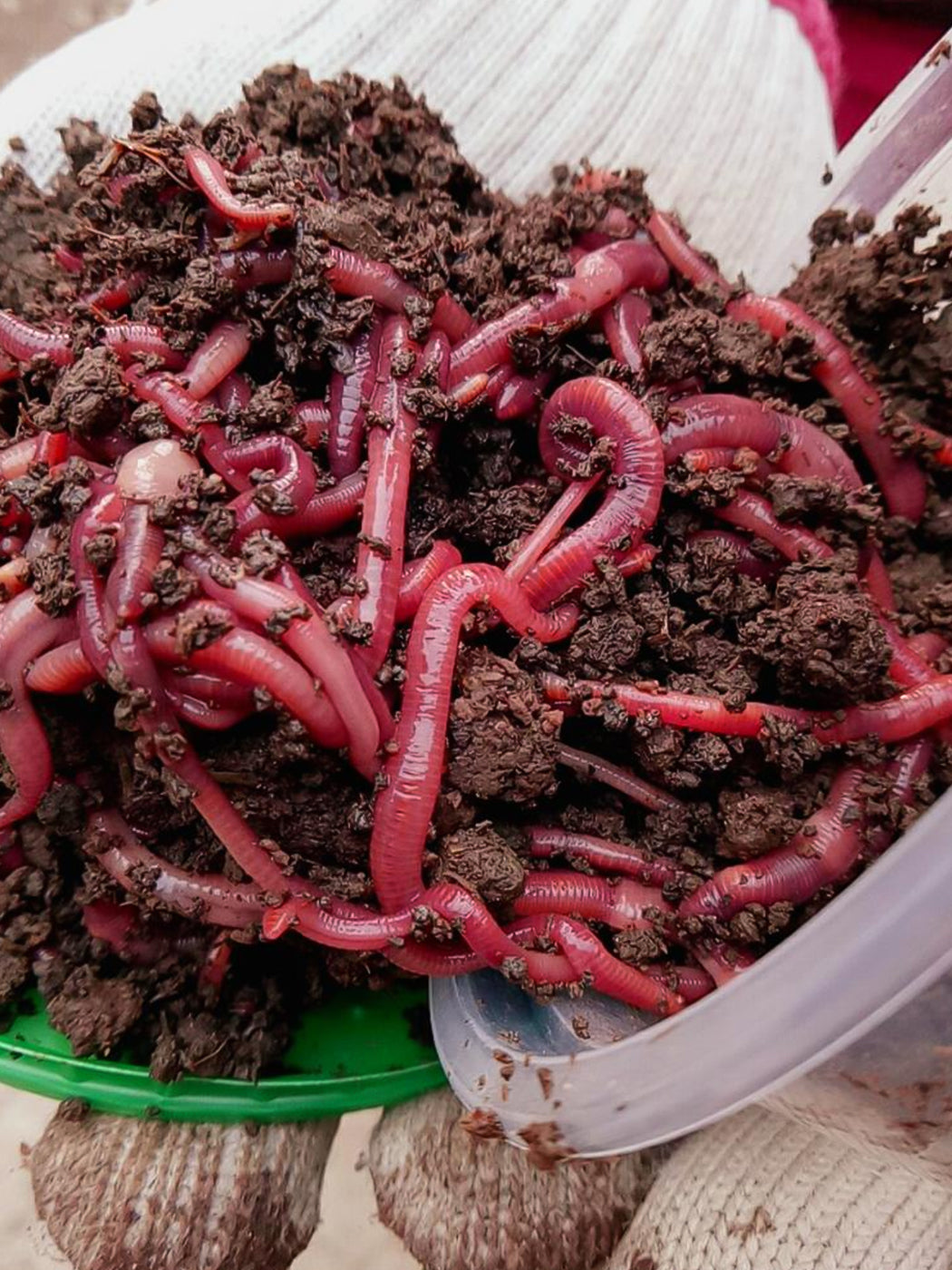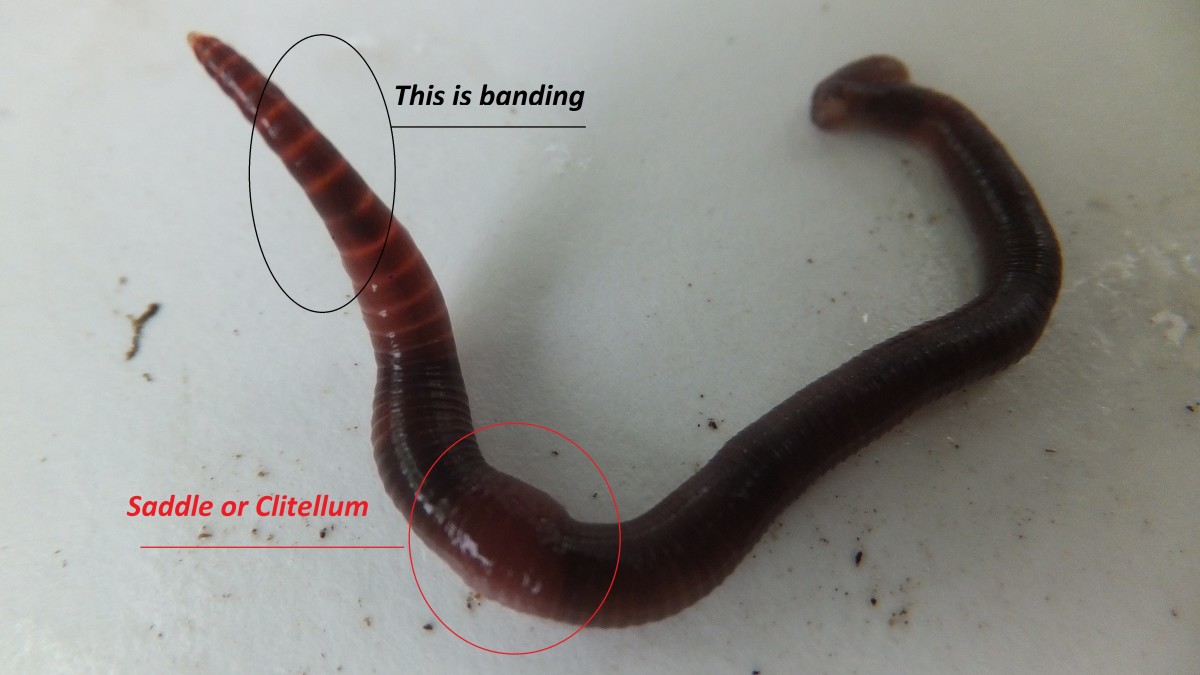Professional Lawn Care Help Powered by Lake Hickory Bait for Stunning Results
Professional Lawn Care Help Powered by Lake Hickory Bait for Stunning Results
Blog Article
Red Wigglers: The Unsung Heroes of Organic Waste Recycling
Red wigglers, or Eisenia fetida, offer as crucial agents in the natural waste recycling process, changing disposed of materials right into useful vermicompost. As the globe progressively looks for services to fight waste buildup and enhance farming performance, understanding the duty of these worms comes to be crucial.
What Are Red Wigglers?
The amazing strength of red wigglers, clinically referred to as Eisenia fetida, underscores their vital role in natural waste recycling. These small, reddish-brown earthworms are typically located in breaking down raw material, such as garden compost piles and manure lots. Lake Hickory Bait. Unlike other earthworm varieties, red wigglers thrive in nutrient-rich settings and are highly effective at damaging down organic products, making them essential for vermicomposting

(Lake Rhodhiss Bait)Along with their role in waste reduction, red wigglers add to dirt wellness by boosting dirt framework and oygenation with their burrowing activities (Lake Hickory Bait). Their presence in composting systems not only boosts decomposition rates yet likewise advertises a sustainable strategy to squander administration, highlighting their relevance in ecological conservation initiatives
Advantages of Composting With Worms
Composting with worms, particularly red wigglers, offers many advantages that boost both waste management and dirt health and wellness. These worms effectively break down organic waste, transforming it right into nutrient-rich vermicompost that improves soil. This process accelerates decay, allowing for a quicker recycling of kitchen scraps and other natural materials compared to typical composting techniques.
Additionally, the vermicompost produced by red wigglers is teeming with advantageous microorganisms, which assist improve soil framework, oygenation, and moisture retention. This improves the total wellness of plants, promoting vigorous growth and increased yields in gardens and agricultural setups. Moreover, making use of worms in composting decreases the production of greenhouse gases, such as methane, adding to a more lasting waste administration system.

How to Start Vermicomposting
Establishing a vermicomposting system is a simple process that can yield substantial benefits for both waste management and soil enrichment. To begin, select an appropriate container, such as a plastic container or wooden box, with ample ventilation holes to guarantee proper airflow. The measurements should Lake Hickory Bait preferably be around 2 feet by 3 feet, permitting ample room for the worms to flourish.
Next, prepare bedding material, which can be composed of shredded newspaper, cardboard, or coconut coir. This bed linen needs to be moistened to produce a suitable habitat for the worms. As soon as the bed linen is in place, present red wigglers (Eisenia fetida) into the bin, normally around one extra pound of worms for every square foot of area.
Following the placement of worms, include organic waste, such as vegetables and fruit scraps, coffee premises, and crushed eggshells. Prevent including dairy products, meat, or oils, as these can produce odors and bring in bugs. Finally, place the container in a shaded, temperature-controlled location to maintain optimal conditions for worm activity. With these steps, you will effectively start a vermicomposting system that contributes to lasting waste administration and improves your dirt.
Preserving a Healthy And Balanced Worm Bin
(Red Wiggler Express)Maintaining a worm bin thriving needs routine interest and treatment to guarantee the wellness of the red wigglers and the performance of the composting procedure. Correct upkeep starts with keeping an eye on the moisture levels; the container ought to be wet but not soaked. An excellent policy of thumb is to keep an uniformity similar to a wrung-out sponge.
Oygenation is essential too. Delicately mixing the bed linen and food scraps every couple of weeks prevents compaction and guarantees that all worms have accessibility to oxygen. In addition, it is essential to feed the worms properly. A well balanced diet of fruit and vegetable scraps, coffee premises, and smashed eggshells need to be offered in moderation to prevent overfeeding, which can bring about smells and pests.
Temperature level regulation is another important element. Red wigglers prosper in a variety of 55 to 77 levels Fahrenheit. If the container ends up being as well warm or chilly, the worms might come to be worried - Lake Hickory Bait. Periodically check for indications of health, such as worm population development and the presence of healthy and balanced spreadings. By vigilantly handling these elements, one can maintain a robust and effective worm container.
Effect On Lasting Living
The effective maintenance of a worm container not just benefits the health of red wigglers yet likewise contributes significantly to lasting living methods. By recycling natural waste, such as kitchen area scraps and yard particles, red wigglers assist divert significant quantities of material from land fills. This reduction in waste not just reduces greenhouse gas emissions yet likewise minimizes the ecological concern connected with waste administration.
Moreover, the castings produced by red wigglers offer as a nutrient-rich organic plant food, enhancing dirt health and wellness and advertising plant growth. This all-natural option to chemical plant foods supports lasting agriculture and horticulture practices, minimizing reliance on artificial inputs that can harm ecological communities. Additionally, worm composting cultivates awareness of waste administration, encouraging individuals and areas to adopt even more lasting practices.

Final Thought
In summary, red wigglers serve as essential factors to organic waste recycling via their reliable decay of organic materials. By incorporating vermicomposting right into waste management strategies, people and neighborhoods can considerably decrease waste while advertising ecological sustainability.
Report this page